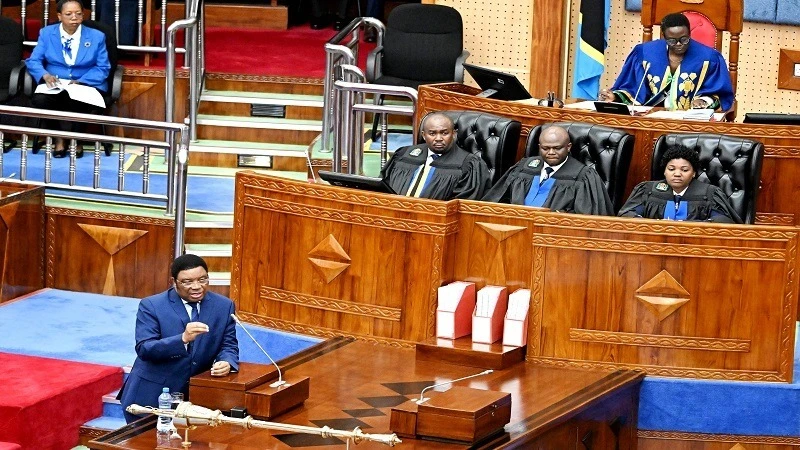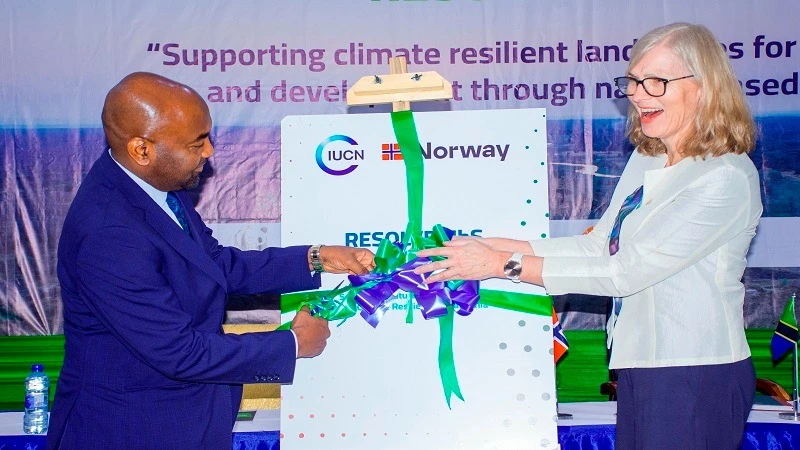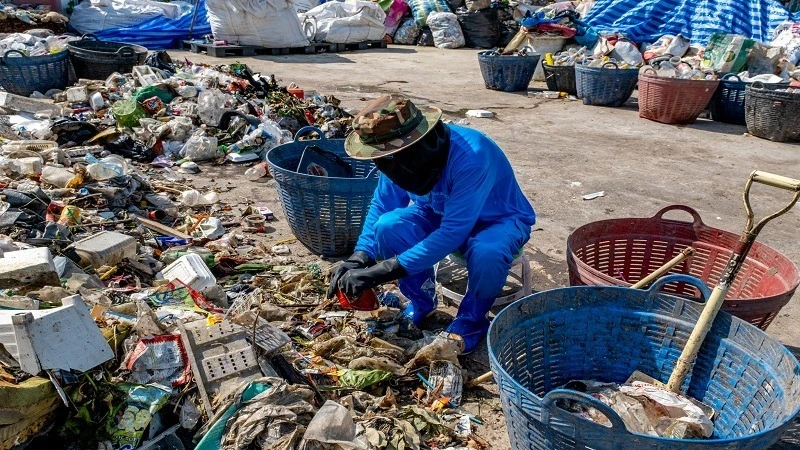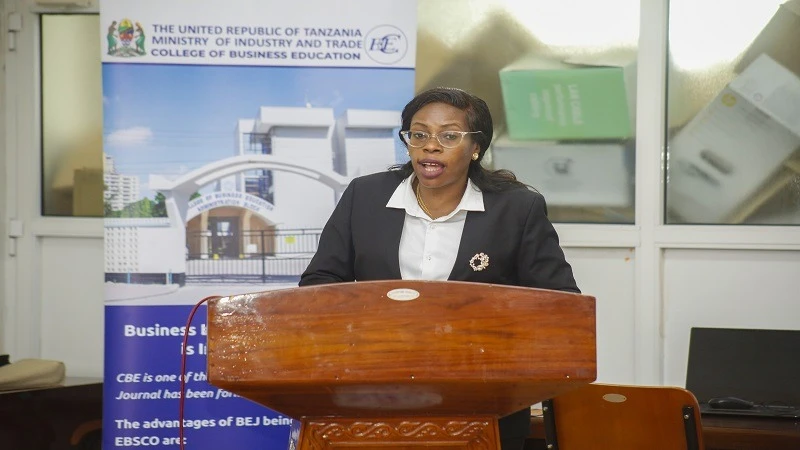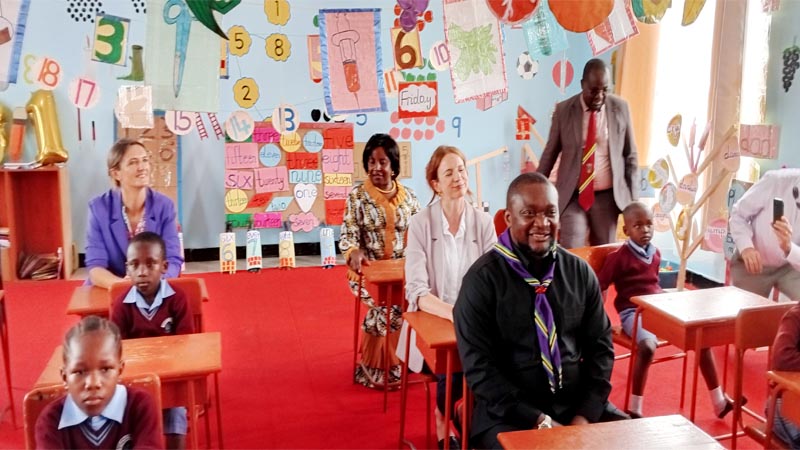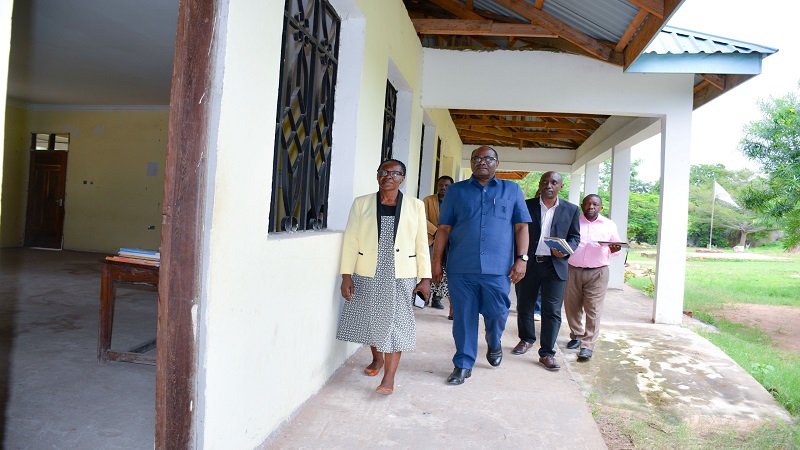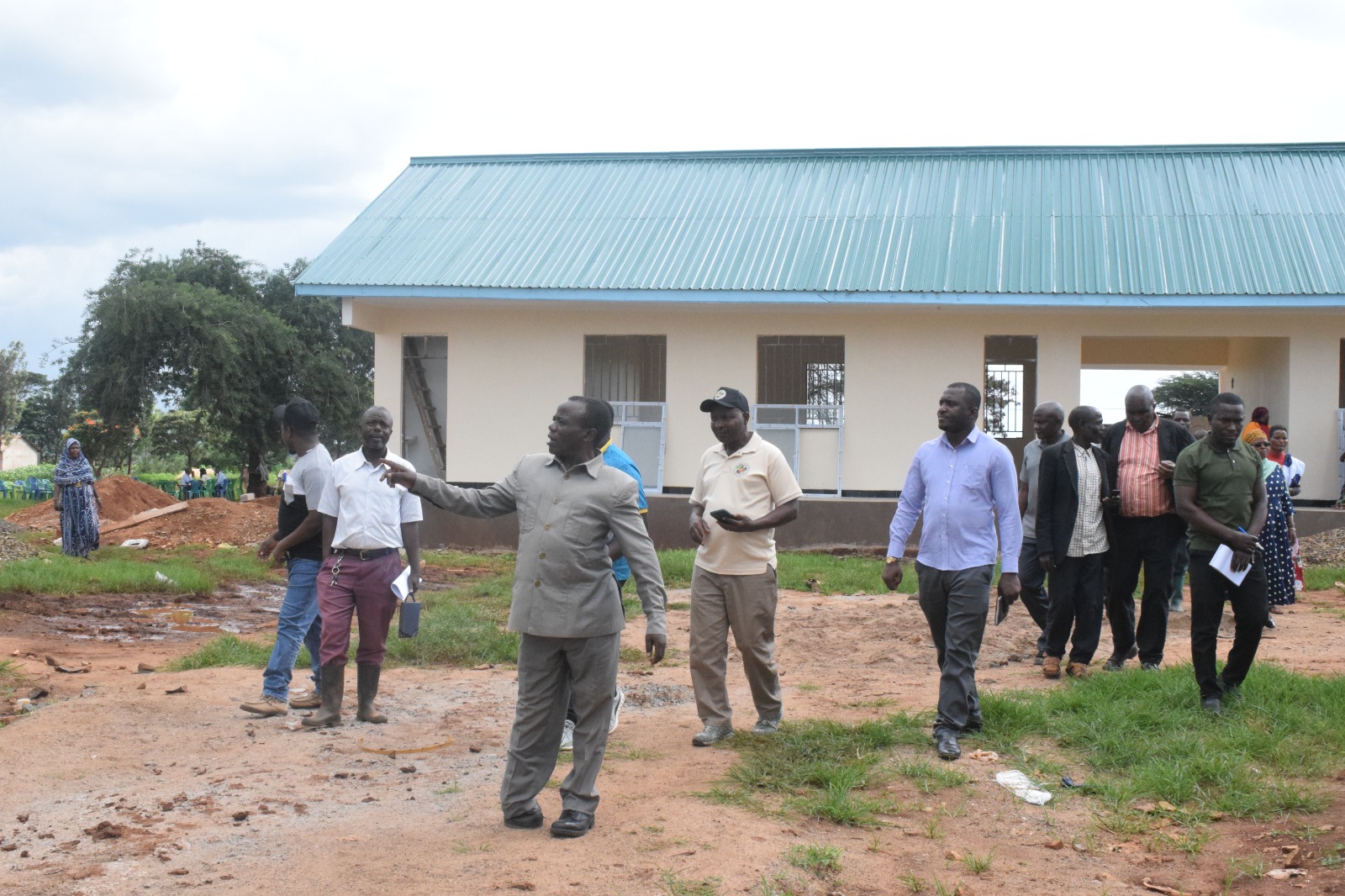Despite huge potential, recycling at 5-10pc only
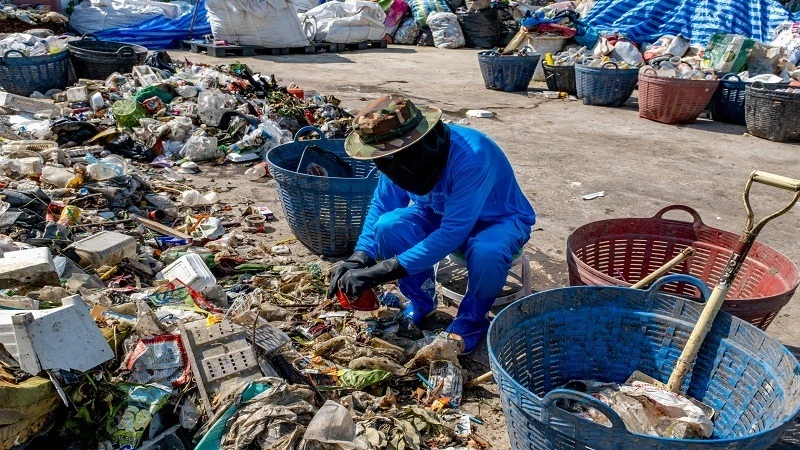
TANZANIA generates between 14.4 m to 20.7m tonnes of solid waste annually, with the urban areas contributing a bigger share compared to the rural areas.
A significant portion of the waste, about 70 percent, is recyclable. Yet, only 5 to 10 percent is currently recycled. The waste consists largely of plastics, paper, metals, electronic waste, and used oil.
To address the challenges, the Vice President’s Office has developed the 2025-2030 waste management strategy, which aims to strengthen waste management infrastructure across the country.
Abdallah Mitawi, Deputy Permanent Secretary in the Vice President’s Office, discussed the low recycling rate here yesterday, attributing it to limited implementation of the 3Rs concept—Reduce, Reuse, and Recycle in the private sector. The strategy includes plans to collect and recycle 12.5 million tonnes of plastic waste annually.
Despite the efforts, a bigger amount of the waste continues to be disposed of improperly, although seven municipalities have modern landfills. Data from major waste-producing areas reveal that garden waste, food remains, wood, and electronic waste make up the bulk of solid waste.
Dr Kemilembe Mutasa, director of environment at VPO emphasised that the government is strengthening waste management by amending policies, laws, and regulations and by promoting public awareness through media, workshops, and meetings. Additionally, a model plastic waste recycling project has been established in Dodoma to help tackle plastic waste issues.
Together, the efforts aim to improve waste management systems and increase recycling rates across the country, helping to address Tanzania’s growing waste management challenges.
Top Headlines
© 2025 IPPMEDIA.COM. ALL RIGHTS RESERVED








